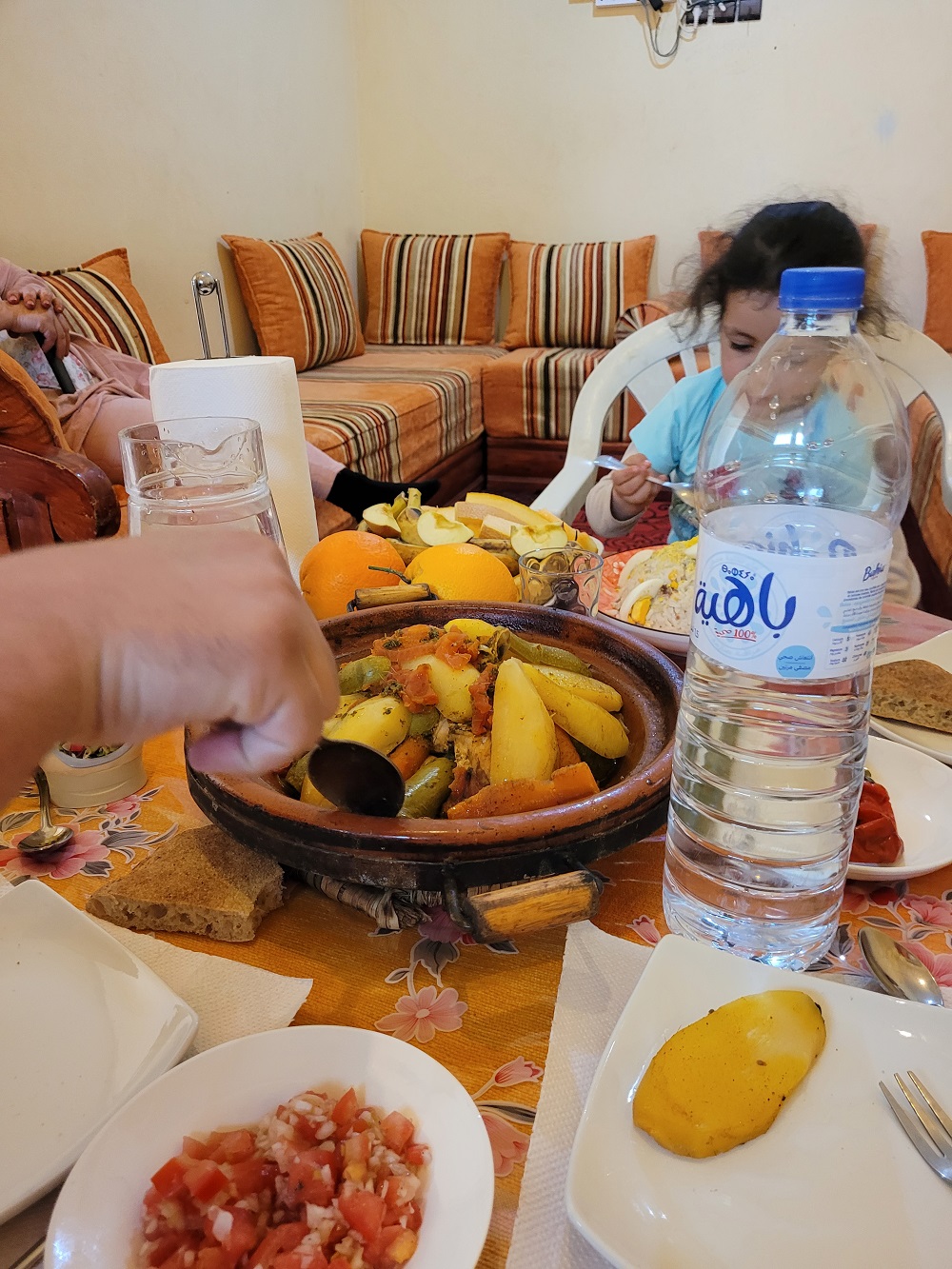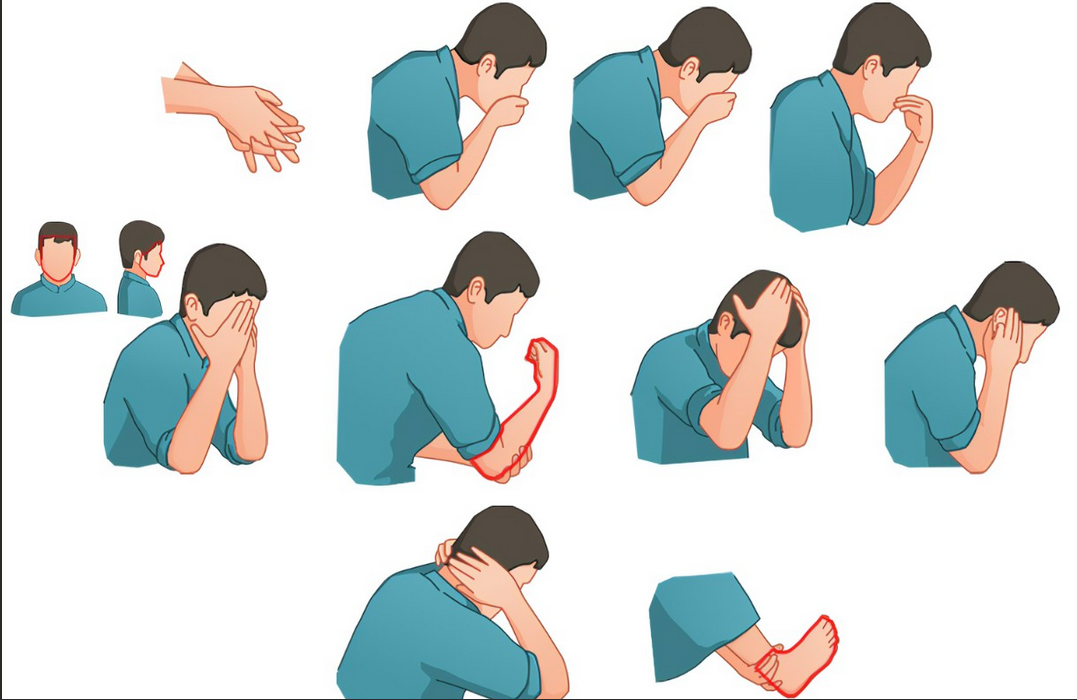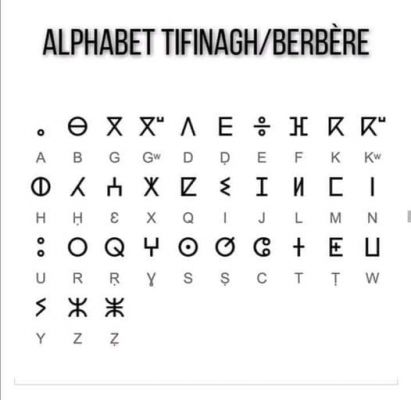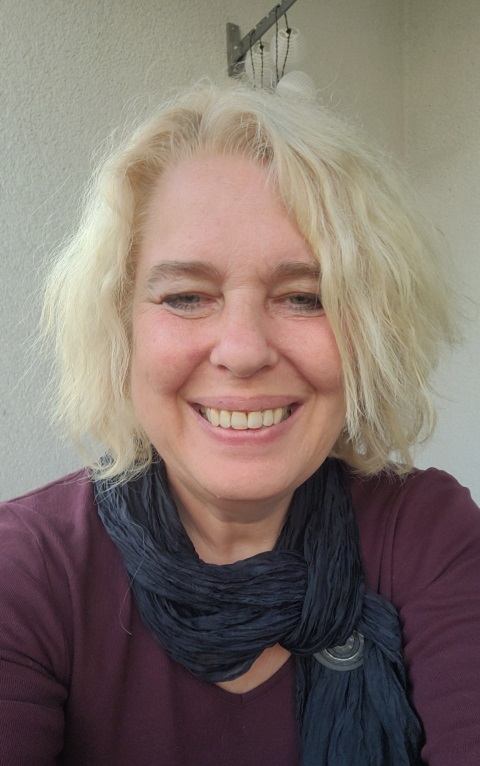
Morocco - The warmest Welcome I ever had
Narration from my travel diary
03.05.2022
Monika Elsen
Today begins my guided 'country-and-people-get-to-know-you' tour.
The day begins with a leisurely breakfast, and the first impressions of the beautiful, oriental hotel and the sand dunes directly adjacent to it. It is about 25 degrees and the light wind is perfect, for me old northerner....
Breakfast consists of olives, various breads, a kind of scrambled eggs with tomato (in the tajine), boiled eggs and lots of different cakes. In addition, the obligatory tea. And the best! Freshly squeezed orange juice.
At noon we go to the family of my guide. I am invited for lunch. After all, my travel intention - as Moha knows - is to get to know the country AND the people. And he organizes everything for me. There is a kind of rice-tuna salad, tomato salad with onions and ... Tajine. This time with chicken, potatoes and many vegetables. It tastes fantastic.
I get such a warm welcome!!! I really didn't expect that. They take me in almost like a family member! The eldest daughter Khadija comes to visit especially to meet me.
Moha, my guide, got me pantallons, a top and a headscarf and gave them to me as a welcome gift. I should look like a Berber woman at least once.
Khadija paints a work of art on my hands. With henna. And she ties my headscarf. She says that now I am beautiful...
 English (UK)
English (UK)  German (DE)
German (DE) 





